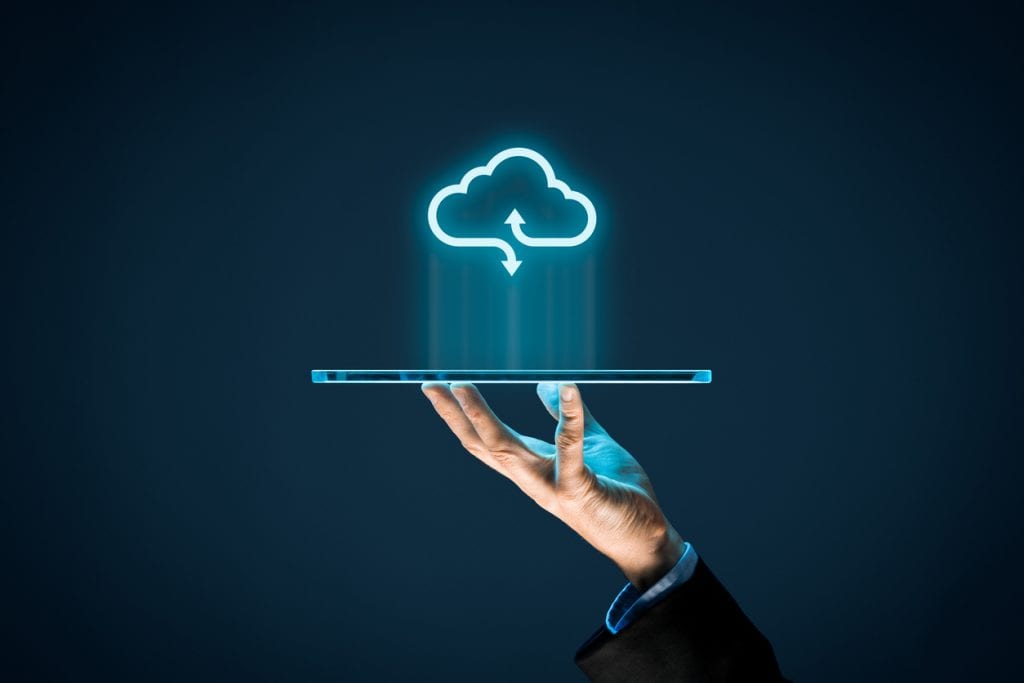What is the cloud?
We’ve heard some interesting questions from people grappling with cloud technology in their efforts to understand how it can serve them and their business. This led us to this month’s blog: a Q&A on ‘the cloud’.
If you have a Gmail account or a Hotmail account you’re utilising cloud technology. Your emails are stored ‘on the cloud’, not on your computer.
The cloud is many things: a remote storage locker (e.g. Dropbox), remote computing (e.g. servers in the cloud), offsite redundancy (e.g. backups) and so much more.
How safe is the cloud?
In reality, your information is probably safer on the cloud than with you. Companies that store data in the cloud have more resources, infrastructure and technology behind them than the average small to medium business, with many investing in additional security.
How secure is my data?
Data that is stored in the cloud is nearly always encrypted. Rest assured commercial cloud storage companies will have your data looking like gibberish to Jo Bloggs.
In saying that, no system is ever 100% failsafe so if you prefer it, your other option is to keep copies of your data locally instead, on usb sticks or on a server. If you would rather go for this option, make sure you back up regularly, from time to time check your backups are working correctly and be sure to keep any copies of your data off your working premises in case a disaster prevents your access to your existing work environment.
Why do I want to use the cloud?
If you back your data up to the cloud, no matter what happens to your physical working premises, you can download your data to a new location and carry on with business as usual. This is not only convenient and relatively low cost, but stress-free.
A big advantage with the cloud is it’s highly scalable. It will grow as your company grows and you only pay for resources you use.
Can I operate my programs, like Word, from the cloud, to save on computer storage?
What you tend to find is it is more beneficial to run your applications locally and run this way, your applications will provide all the available features to you, whereas some applications have a cloud version but these are often more limiting in what they can do.
What about phones? Did I hear my phones are in the cloud?
Cloud phone systems (VoIP) run on internet technology (as opposed to the old copper cables), so yes, if you’re using VoIP technology, your phones are in the cloud. Cloud technology offers many new phone features suited to today’s business world, like ringing your mobile simultaneously with your landline.
Is the cloud for me?
The cloud fits very well with small business and large enterprise. There is still a space in between for selected businesses to retain on premise solutions. Make sure that the provider you’re working with to evaluate your cloud journey, fully understands your business requirements, as sometimes the cloud is not the right solution.
If you’d like a review of whether the cloud can benefit your business, talk to Cloud Edge today.



